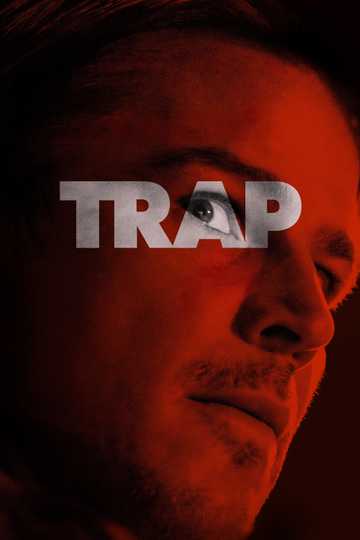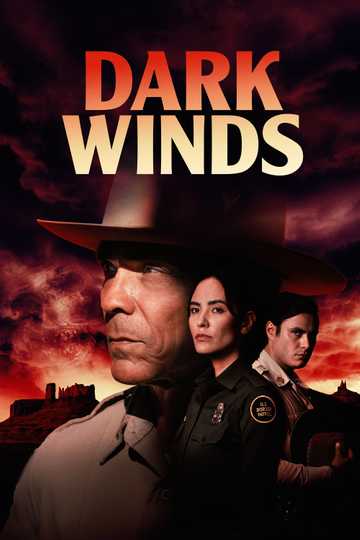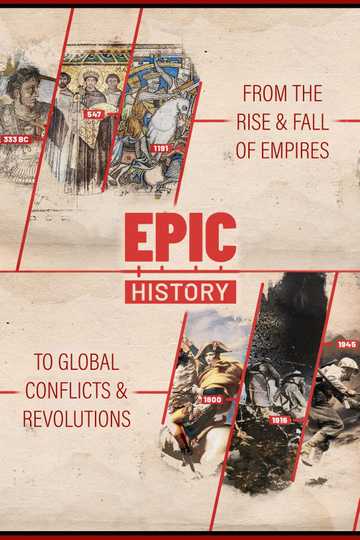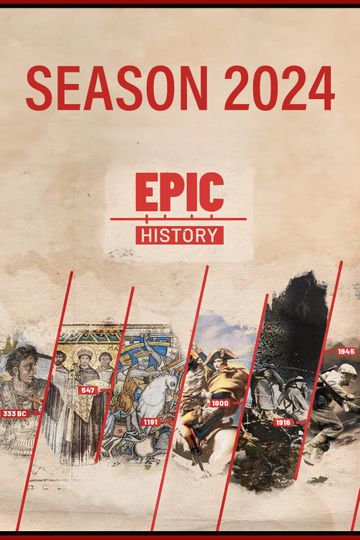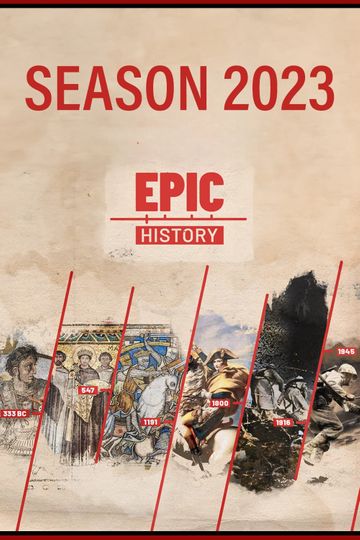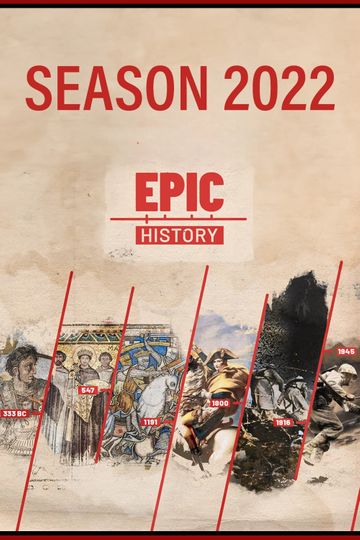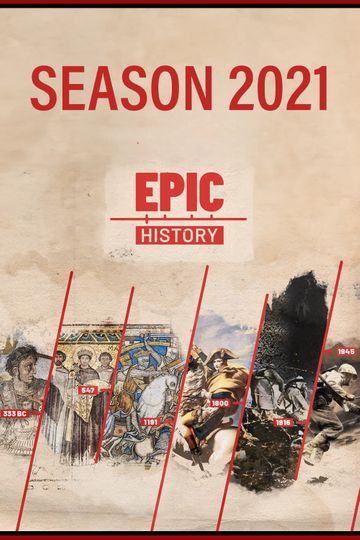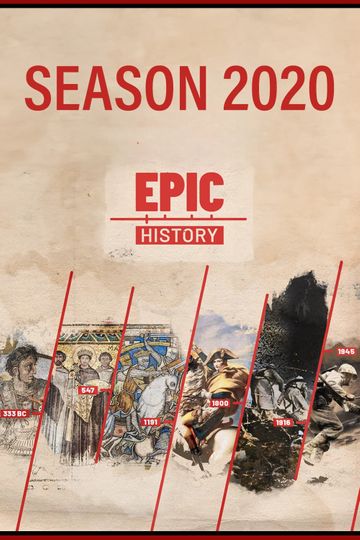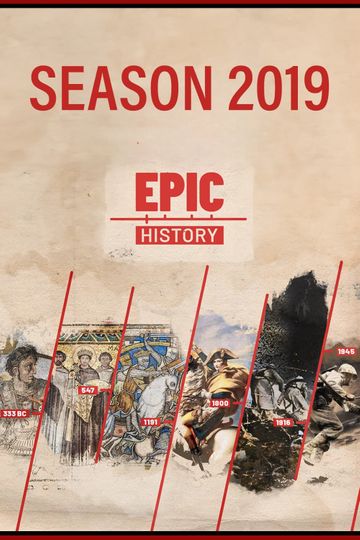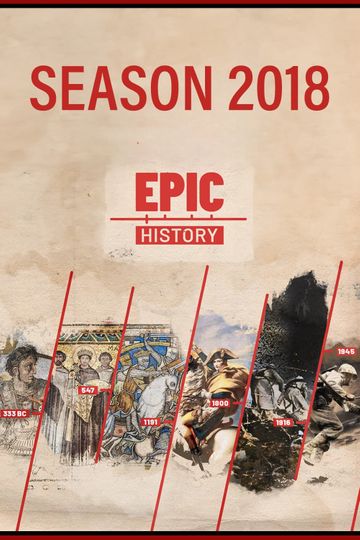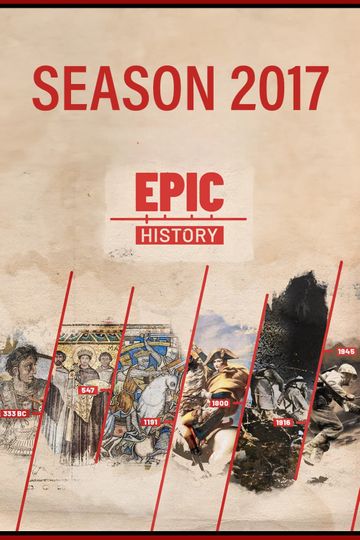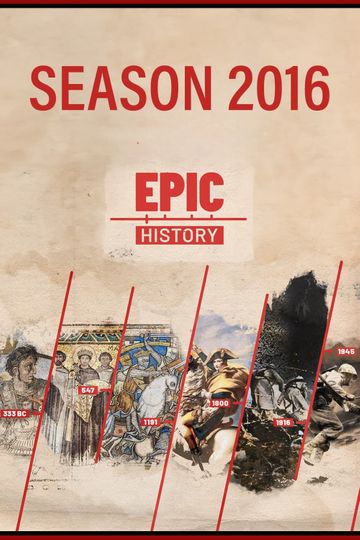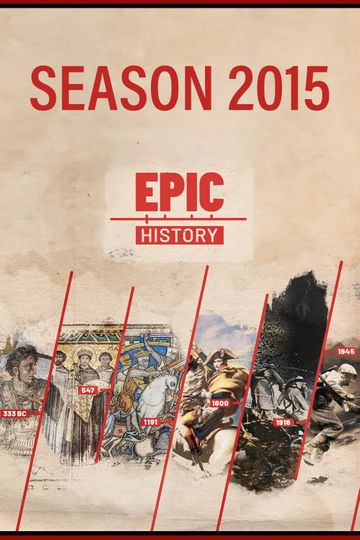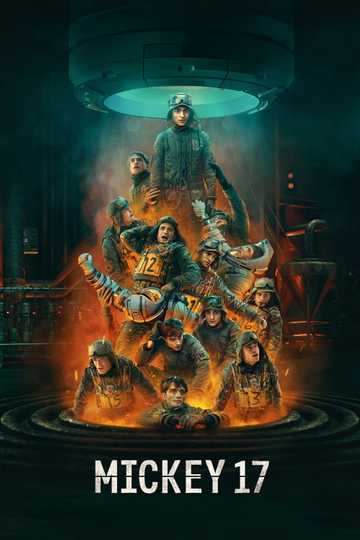2021 Episodes
1. Apollo Program: A Disastrous Beginning
We delve into NASA's Apollo Program, sparked by President Kennedy's goal to land on the moon by 1969, amidst Cold War tensions with the Soviet Union. Key figure Werner von Braun, once of Nazi Germany's V2 program, led NASA's rocket development. After triumphs in Mercury and Gemini, tragedy struck with Apollo 1, where astronauts perished in a launch pad fire. NASA rebounded, redesigning for safety, and succeeded with Apollo 7. Apollo 8's historic moon orbit and the iconic 'Earthrise' photo set the stage for the first moon landing attempt in 1969.
2. Napoleon's Marshals: Suchet, Ney, Soult.
In 1804 Napoleon created 18 'Marshals of the Empire', to serve as the senior officers of the Grande Armée. He created a further 8 before his abdication. A few were aristocrats, but others were the sons of shopkeepers or tailors. The most favoured became princes and kings. Among their ranks were legendary figures such as Marshals Lannes, Ney, Soult, Davout and Massena, but also much less well know figures like Pérignon, Brune and Moncey. Our series will explore the lives of all 26 Marshals, and rank them according to our own judgement of their achievements as Marshals.
3. The Viking Mindset: Ragnar's Death Song and Other Sagas
The Saga of Ragnar details Ragnar's death and his final song, the Krákumál, which is both a death and life song. Ragnar, awaiting a feast in Odin’s hall, faces death with defiance, as expressed in the line "læjandi skalk deyja" ("laughing shall I die"). Similarly, King Hrolf’s saga, blending fact with fairy-tale, features the were-bear Bödvar Bjarki. The Jomsvikings’ downfall, tied to their boastful politics and the Battle of Hjörungavágr, contrasts with the more historical Battle of Stiklarstaðir, where the poet Thormod, mortally wounded, composes his final incomplete poem. Harald Hardrada, a patron of poetry, completes Thormod’s verse. The Viking belief in Valhalla, where fallen warriors feast eternally, reflects a prominent but not universal afterlife concept among Norse gods, as recorded by Snorri Sturluson.
4. Napoleon's Marshals: Berthier, Lannes, Davout.
In 1804 Napoleon created 18 'Marshals of the Empire', to serve as the senior officers of the Grande Armée. He created a further 8 before his abdication. A few were aristocrats, but others were the sons of shopkeepers or tailors. The most favoured became princes and kings. Among their ranks were legendary figures such as Marshals Lannes, Ney, Soult, Davout and Massena, but also much less well know figures like Pérignon, Brune and Moncey. Our series will explore the lives of all 26 Marshals, and rank them according to our own judgement of their achievements as Marshals.
5. Apollo Program: Eagle Has Landed
We'll cover NASA's Apollo Program, from President Kennedy's lunar landing goal to the tragic Apollo 1 fire. Despite setbacks, NASA succeeded with Apollo 7 and Apollo 8, leading to the first manned orbit of the moon. In 1969, Armstrong, Aldrin, and Collins aimed to make history with the first lunar landing attempt.
6. Napoleonic Wars: Battle of Vitoria 1813
In May 1813, as Napoleon launches a desperate bid to save his empire following the disastrous defeat in Russia, the situation in Spain is particularly precarious. French forces have been weakened to make up for the enormous losses in Russia. But Wellington's Anglo-Portuguese army, as well as the Spanish guerrillas, are stronger than ever. Wellington's advance into Spain will liberate Madrid a second time, and conclude with the final showdown of the Peninsular War - the Battle of Vitoria.
7. Apollo Program: The Brink of Disaster
We explore the dramatic story of NASA's Apollo Program, beginning with President Kennedy's ambitious deadline for a lunar landing after the Soviet Union took the lead in the 'Space Race'. Following the success of Apollo 11, and the fulfilment of Kennedy's goal of landing a man on the Moon, questions hung over the future of the Apollo Program. With declining public interest in Moon missions, and government funding slashed, NASA focused on scientific research. But the final phase of the Program is best remembered for the dramatic near-disaster of Apollo 13, in which the ingenuity of astronauts and Mission Control was pushed to the limit.
8. World War One (All Parts) (age-restricted)
All 5 parts of Epic History TV's history of World War One in one place (re-edited in 2021). From the Schlieffen Plan to the Versailles Treaty, a global history of the entire conflict.
9. Napoleonic Wars: Downfall 1809 - 14
This compilation of our Napoleonic Wars series covers the period from 1809 to the Emperor's abdication in 1814. Along the way we encounter the horrors of the French occupation of Spain and Portugal, Napoleon's disastrous invasion of Russia, and the great struggle for German in 1813. The series concludes with arguably Napoleon's finest campaign - his doomed defence of Paris in 1814.
10. Apollo Program: Tragedy and Triumph (All Parts)
This is the dramatic story of NASA's Apollo Program, from President Kennedy's ambitious lunar landing goal, through the tragedies and triumphs, to the future of the program. It covers the significant milestones such as the Apollo 1 disaster, the successful Apollo 11 lunar landing, and the dramatic near-disaster of Apollo 13.
11. Salamis 480 BC: The Battle for Greece
The Battle of Salamis was one of the decisive battles of world history, in which the small city-states of ancient Greece joined forces to take on the mighty Persian Empire. After the defeat and death of the Spartan King Leonidas at Thermopylae, the Persians burned Athens, and the Greek alliance seemed close to collapse. But thanks to the foresight of Athenian general Themistocles and the heroism of the Greek fleet, the Persians would meet with disaster in the narrow straits of Salamis.
12. Belisarius: The Emperor's Sword (1/6)
In the 6th century AD, during the reign of Emperor Justinian, the Roman Empire experienced an extraordinary resurgence, reconquering lands - including Italy, North Africa and Rome itself - that had been lost to the 'barbarians' a century before. Leading these campaigns, a brilliant Roman general named Flavius Belisarius - a skilled tactician, inspirational leader, pragmatic and humane.
13. Belisarius: Conquest of the Vandals (2/6)
In the 6th century AD, during the reign of Emperor Justinian, the Roman Empire experienced an extraordinary resurgence, reconquering lands - including Italy, North Africa and Rome itself - that had been lost to the 'barbarians' a century before. Leading these campaigns, a brilliant Roman general named Flavius Belisarius - a skilled tactician, inspirational leader, pragmatic and humane.
14. An Epic History of the First Crusade (All Parts)
The First Crusade was one of the most extraordinary, bloody and significant episodes in medieval history. It began with an appeal for aid from the Christian Byzantine Empire, threatened by the rising power of the Muslim Seljuk Turks. But when Pope Urban II preached a sermon at Clermont in 1095, the result was unlike anything ever seen before.
15. Belisarius: The Battle of Rome (3/6)
In the 6th century AD, during the reign of Emperor Justinian, the Roman Empire experienced an extraordinary resurgence, reconquering lands - including Italy, North Africa and Rome itself - that had been lost to the 'barbarians' a century before. Leading these campaigns, a brilliant Roman general named Flavius Belisarius - a skilled tactician, inspirational leader, pragmatic and humane.

